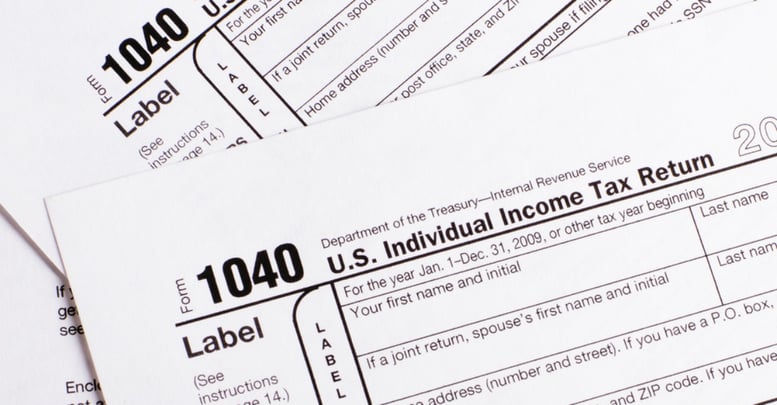Blog
Tax Season Phishing – Don’t Take the Bait!

This is the time of year that taxes are on our minds. Whether from the business’ perspective of preparing and sending W2’s, to the individual looking forward to a refund, it is tax time. Tax time is a golden opportunity for criminals to steal identities, tax refunds, credit card numbers, and credentials. In 2016, the IRS reported a whopping 400% increase in phishing scams, and 2017 will see new and more sophisticated schemes.
Phishing is a scam where criminals send carefully crafted email messages or direct you to web sites that seem to be legitimate, only to steal your identity or to distribute malicious software. An example might be an email message from the IRS about a problem with your tax return, or an email offering you electronic access to download your W2. These messages will appear to come from the IRS or from your employer’s payroll department – don’t take the bait!
DOWNLOAD NOW: 4 Most Common Phishing Scams (And What You Can Do About Them)
If you receive a message about tax or payroll matters, pick up the phone and confirm the message’s legitimacy. Never reply, open attachments, or click on links unless you are certain of the source. Remember, the IRS will never initiate communications with taxpayers electronically (email, social media, or text). Be wary if you are ever prompted to enter your login information or send anything that is confidential. Criminals prey on emotion, and money makes us emotional!
Read On
Integrity Technology Solutions Recognizes Cybersecurity Awareness Month With Commitment To Online Safety And Education
Bloomington, IL — Oct. 1, 2025 — Integrity Technology Solutions is proud to announce its...
CAT Sunset: What The August 2025 Deadline Really Means For Financial Institutions
If you built your cybersecurity program around the FFIEC Cybersecurity Assessment Tool (CAT), you...
Gone Phishing: How To Avoid The Greatest Cybersecurity Scam
More people fell victim to phishing and spoofing scams in 2024 than any other cybersecurity threat,...


Leave a Reply